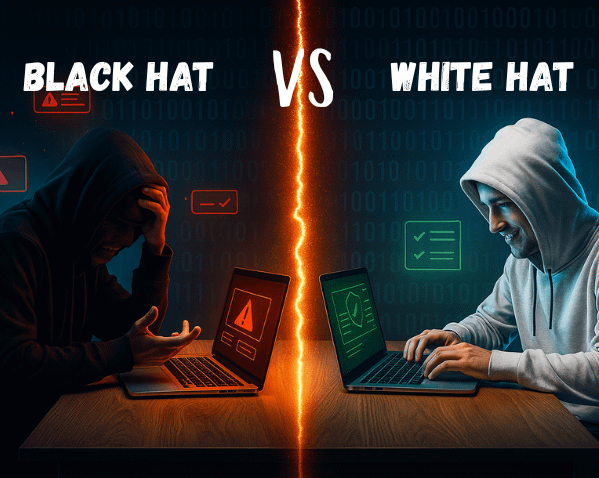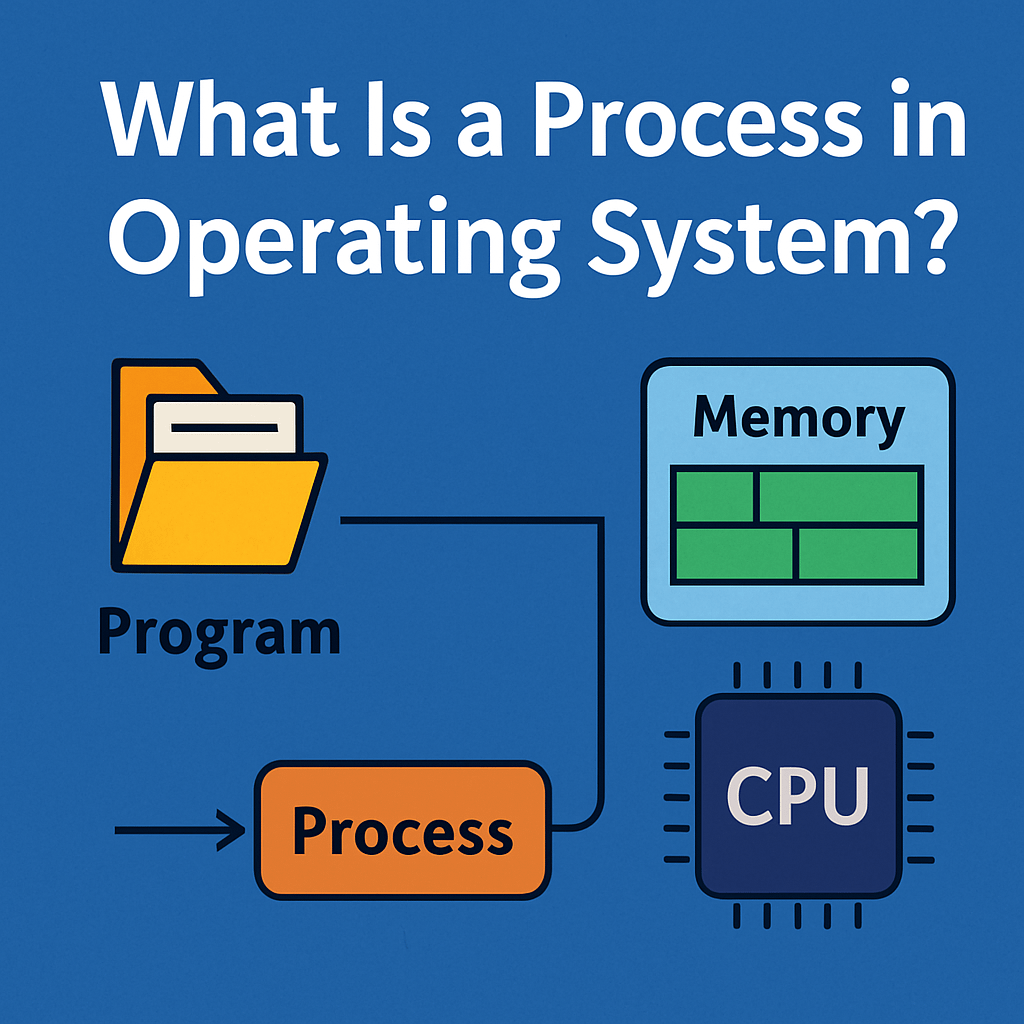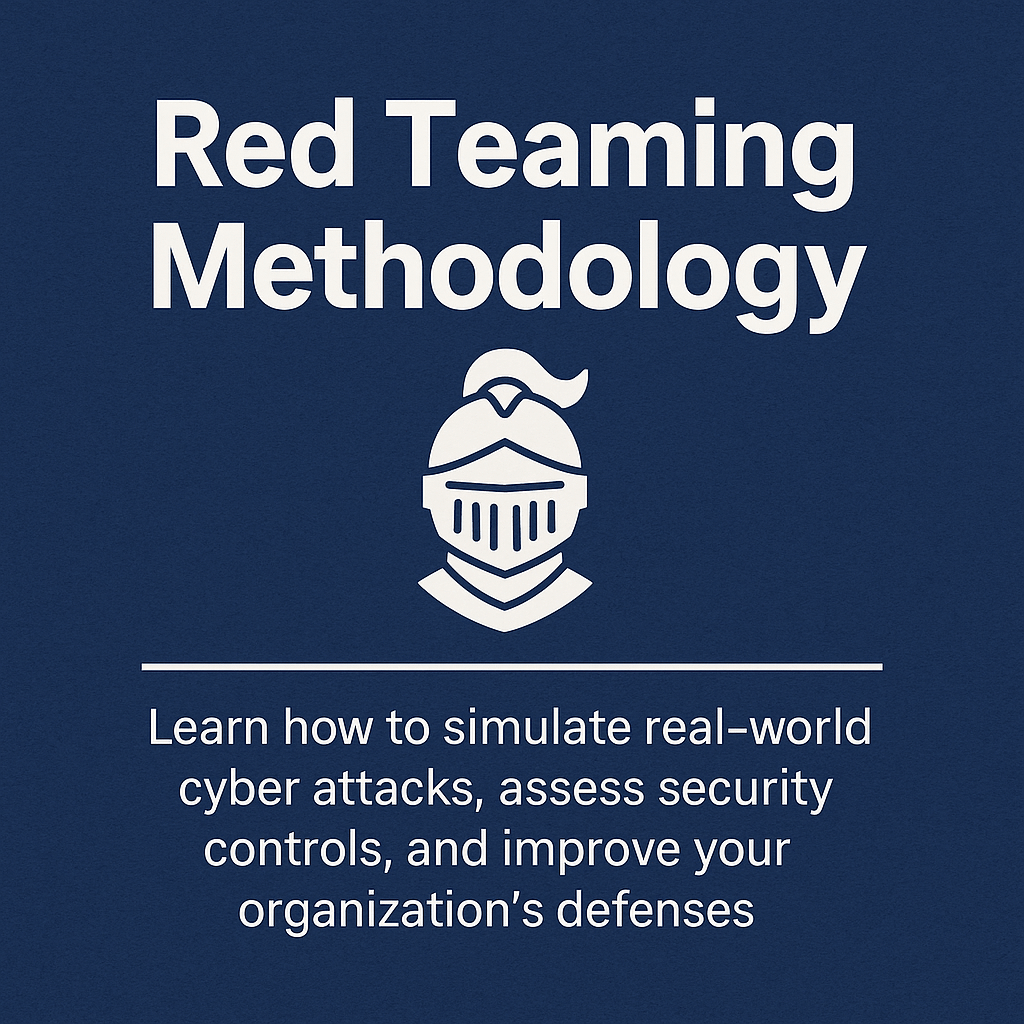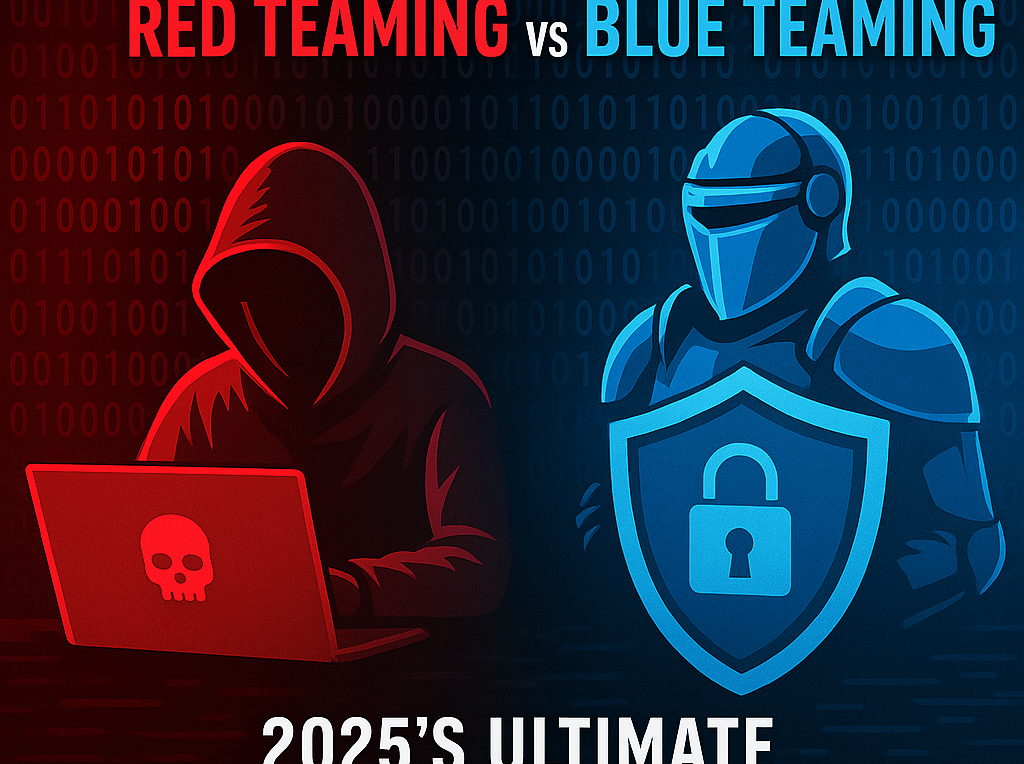Top 10 Powerful Skills Required for Ethical Hacking in 2025 (With Resources & Examples)

Did you know that over 3.4 million cybersecurity jobs will go unfilled in 2025? That’s right—organizations are scrambling to find talented ethical hackers who can defend against ever-evolving digital threats. Ethical hacking isn’t just a buzzword anymore; it’s a critical profession that blends creativity, logic, and an insatiable curiosity about how things work.
Whether you’re aiming to become a Certified Ethical Hacker (CEH), exploring penetration testing as a career, or simply fascinated by how hackers think, understanding the essential skills required for ethical hacking is your first step. In this comprehensive guide, we won’t just list the skills—you’ll understand why each one matters, how to start learning it, and how real ethical hackers use these abilities in practice.
Let’s dive into the core technical and soft skills required ethical hacking industry in 2025 and beyond.
Table of Contents
ToggleWhat Are the Skills Required for Ethical Hacking?
Ethical hacking involves the legal and authorized testing of systems to identify vulnerabilities before malicious hackers exploit them. This discipline is equal parts offensive and defensive—it requires not only the tools to break into a system but also the wisdom to know how to patch it
To succeed as an ethical hacker, you need a multifaceted skill set. You must be fluent in programming logic, understand networks like the back of your hand, and possess a hacker’s intuition honed through constant practice. Soft skills like problem-solving and report writing are equally critical, especially when working with companies or government agencies. And most importantly? You must have an unshakable ethical compass.

Programming Knowledge for Ethical Hacking
At its heart, hacking is about understanding how software works—and breaks. That means programming is not optional.
Start with Python, which is widely considered the hacker’s favorite language. It’s readable, versatile, and powerful for writing automation scripts, custom scanners, and proof-of-concept exploits. Web-based hacking, on the other hand, often calls for JavaScript, especially when testing for vulnerabilities like XSS or DOM manipulation.
If you’re aiming for deeper system-level knowledge, C and C++ are crucial. They allow you to understand memory management, buffer overflows, and exploit development. Mastery of PowerShell (for Windows) and Bash scripting (for Linux) helps you automate tasks and interact directly with operating systems.
Networking Fundamentals Every Ethical Hacker Needs
Imagine trying to hack without understanding the network—it’s like navigating a city with no map. Networking is the backbone of cybersecurity, and every ethical hacker must understand how data flows from one point to another.
Grasp the OSI model and TCP/IP protocols. Learn how data is encapsulated, routed, and delivered across devices. Familiarize yourself with critical protocols like HTTP, DNS, FTP, and SMTP, and learn to analyze them using tools like Wireshark. This tool lets you inspect packet-level traffic, diagnose network issues, or even spot malicious activity in real time.
Subnetting, NAT, VLANs, and firewall configurations aren’t just buzzwords—they’re part of your everyday vocabulary as a hacker. Knowing how to read and manipulate this digital language gives you the power to understand, defend, and penetrate networks.
Mastery of Linux and Windows Operating Systems
If programming is the brain of hacking, then operating systems are the hands. Most real-world hacking happens in Linux environments like Kali Linux or Parrot OS, which come pre-equipped with hundreds of penetration testing tools.
You’ll need to be comfortable with terminal commands like
grep,netstat,nmap,chmod,nc.
These aren’t just tools—they’re extensions of your fingers in a command-line world. Windows systems, though more graphical, have their own quirks. You must understand how to navigate the registry, analyze services, and exploit common misconfigurations.
Linux will often be your attack box, while Windows will be your target in enterprise environments. Knowing both gives you the edge.

Familiarity With Hacking Tools
You can’t build without tools, and you can’t hack without them either. Tools like Nmap let you discover devices on a network, identify open ports, and fingerprint services. Burp Suite is your go-to for intercepting and manipulating web traffic, allowing you to perform attacks like SQL injection and CSRF.
Then there’s Metasploit, a framework that lets you search for known vulnerabilities, develop payloads, and execute exploits with surgical precision. For cracking passwords, tools like Hashcat and John the Ripper are essential. The key isn’t just knowing how to run these tools—but knowing how they work under the hood.
These tools will be your everyday arsenal, and mastering them is non-negotiable for a professional ethical hacker.
Core Cybersecurity Concepts
It’s not enough to break into a system—you have to understand the implications. Cybersecurity revolves around protecting the CIA Triad: Confidentiality, Integrity, and Availability. As an ethical hacker, you’ll be simulating threats that target one or more of these principles.
Understand threat modeling, risk assessments, and security controls. Learn about authentication methods, session management, and access control. The OWASP Top 10 is your bible for web application security. Each vulnerability on the list—from Broken Access Control to Insecure Deserialization—describes real-world attacks that hackers exploit every day.
Exploitation and Vulnerability Analysis
This is where theory meets action. Once you’ve discovered a vulnerability, what do you do next? That’s where exploitation comes in.
A skilled ethical hacker must know how to manually analyze a vulnerability, test its limits, and if needed, escalate it into something bigger. You’ll work with CVEs (Common Vulnerabilities and Exposures) and use sites like Exploit-DB to find ready-made proof-of-concepts.
You’ll also learn post-exploitation techniques—like maintaining access or escalating privileges—that mirror what real attackers do. Understanding these helps you build stronger defenses.
Web Application Hacking Skills
Web applications are a goldmine for hackers—and protecting them is a key role for ethical hackers. You’ll need to understand how technologies like HTML, JavaScript, PHP, and SQL work together to power websites.
Then you’ll dive into common vulnerabilities such as:
SQL Injection
Cross-Site Scripting (XSS)
Cross-Site Request Forgery (CSRF)
Server-Side Request Forgery (SSRF)
Insecure Direct Object References (IDOR)
Tools like Burp Suite and OWASP ZAP are vital here, and platforms like PortSwigger Web Security Academy offer hands-on labs for mastering them.

Social Engineering Skills
Not every hack is technical. Sometimes, the easiest way in is through a person. That’s where social engineering comes into play.
By exploiting human psychology, hackers can phish credentials, impersonate admins, or trick users into clicking malicious links. You’ll learn how to recognize tactics like baiting, tailgating, and pretexting—and even simulate them in controlled environments using tools like the Social Engineering Toolkit (SET) or Gophish.
Understanding how people think and behave gives you a crucial advantage.
Practice Platforms for Ethical Hackers
Reading and watching tutorials isn’t enough. You have to get your hands dirty. That’s why platforms like TryHackMe, Hack The Box, and CTFtime are indispensable.
These gamified environments simulate real-world hacking scenarios and allow you to practice everything from basic port scanning to advanced privilege escalation. Most importantly, they give you confidence.
Soft Skills That Set You Apart
Being technically brilliant isn’t enough. Ethical hackers must also be great communicators. After all, your job doesn’t end when you pop a shell—it ends when you can explain what happened and how to fix it.
You’ll write detailed reports, present findings to stakeholders, and sometimes train others on secure practices. Soft skills like curiosity, patience, analytical thinking, and ethical integrity are what separate good hackers from great ones.

Best Certifications to Validate Ethical Hacking Skills
Want to prove your skills to employers or clients? Certifications are a strong way to show you know your stuff:
OSCP (Offensive Security Certified Professional) – Hands-on and highly respected
CompTIA Security+ – Excellent cybersecurity foundation
Other notable mentions: eJPT, PNPT, CRTP, GPEN
Conclusion: Start Your Ethical Hacking Journey Now
The skills required for ethical hacking in 2025 are diverse, challenging, and incredibly rewarding to learn. From writing your first Python script to popping shells in a red team engagement, every step builds your expertise and confidence.
Remember: you don’t have to learn everything overnight. Focus on one area at a time, use the right tools, and commit to ethical hacking as a journey—not a destination.
Hungry for more? Dive into our Ethical Hacking guides and tutorials at HackingLovers.com and take your next step today.










1 Comment
Getting it retaliation, like a genial would should
So, how does Tencent’s AI benchmark work? Maiden, an AI is prearranged a condensation issue from a catalogue of greater than 1,800 challenges, from erection happening visualisations and царствование безграничных способностей apps to making interactive mini-games.
In days of yore the AI generates the pandect, ArtifactsBench gets to work. It automatically builds and runs the jus gentium ‘omnipresent law’ in a coffer and sandboxed environment.
To glimpse how the manipulation behaves, it captures a series of screenshots upwards time. This allows it to quiz respecting things like animations, country changes after a button click, and other fundamental consumer feedback.
Conclusively, it hands to the domain all this report – the autochthonous solicitation, the AI’s cryptogram, and the screenshots – to a Multimodal LLM (MLLM), to feigning as a judge.
This MLLM deem isn’t valid giving a inexplicit философема and as contrasted with uses a tabloid, per-task checklist to throb the consequence across ten come metrics. Scoring includes functionality, purchaser duel, and civilized aesthetic quality. This ensures the scoring is fair, congenial, and thorough.
The conceitedly idiotic is, does this automated beak accurately convey gracious taste? The results the tick of an eye it does.
When the rankings from ArtifactsBench were compared to WebDev Arena, the gold-standard principles where existent humans ballot on the most apt AI creations, they matched up with a 94.4% consistency. This is a elephantine unthinkingly from older automated benchmarks, which solely managed in all directions from 69.4% consistency.
On well-versed in in on of this, the framework’s judgments showed in excess of 90% unanimity with apt deo volente manlike developers.